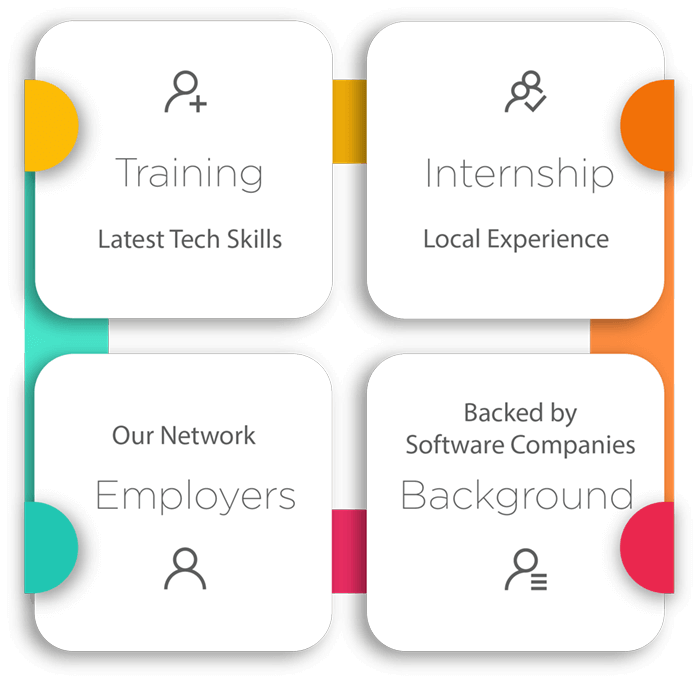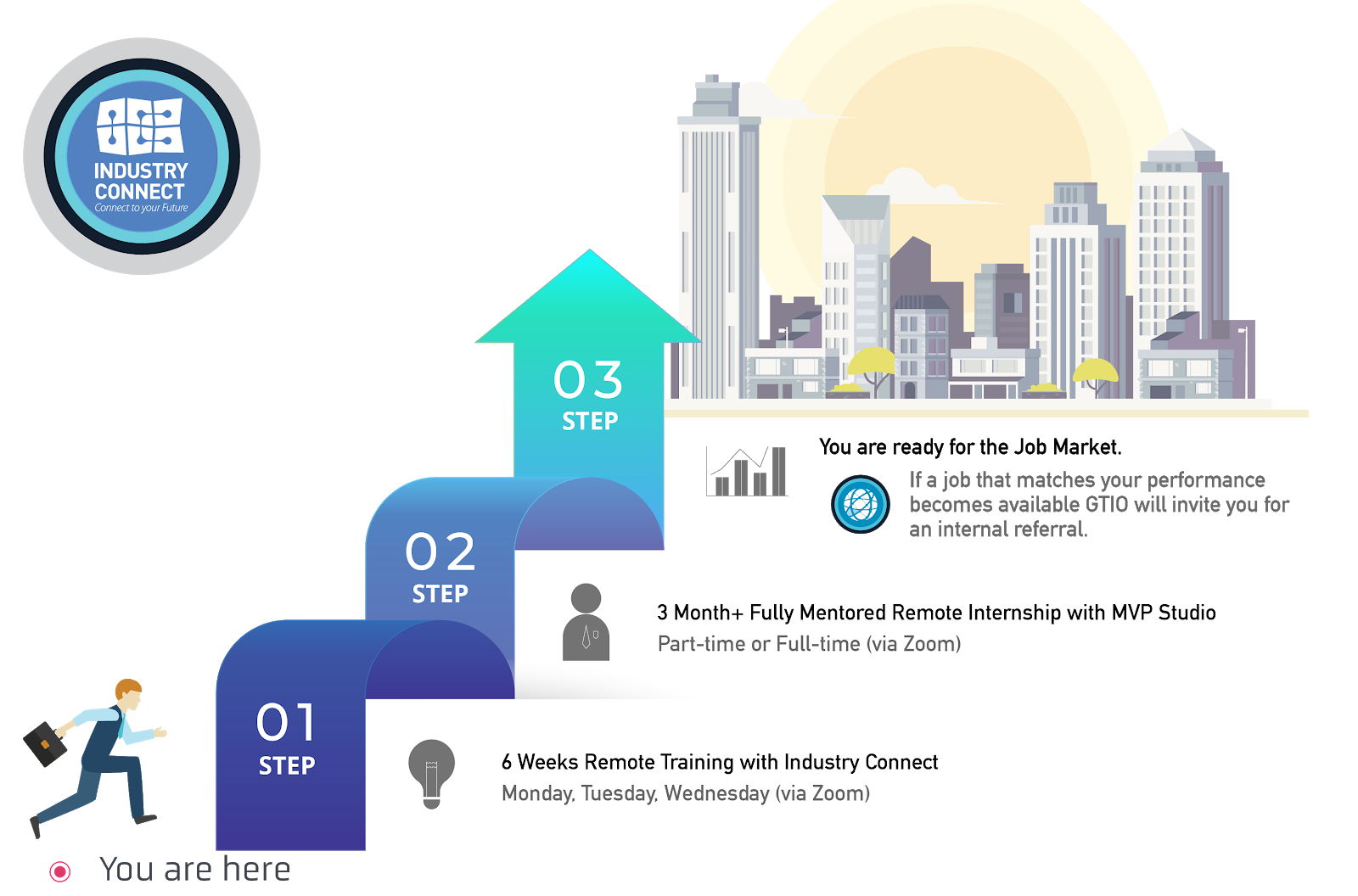If you’re just starting out as a junior software developer, then there’s a few things that you should know before you begin your career in programming. If you’re just out of University, then you probably think you know everything to do with computers… well, you don’t. The IT world is constantly changing, and as such, people need to change with it. This means that what you learnt at Uni, doesn’t really mean much in the real world.
For true knowledge, you need experience. If you want to know how things really work, ask someone who’s been doing the job for years. We asked some of our seasoned professionals what they wished they knew when they first started out as a programmer. These five points are the main results. As a junior software developer, learn from those older and wiser than you!
Learn the basics on which the code is built
Programming languages are, of course, a huge part of being a junior software developer, but all those languages are built upon the same foundation. Good developers know the basics like file systems, networking and how memory actually stores information. This will help when you get stuck, and nothing is working as it should. And trust us, that WILL happen. When it does, being able to go down into the system level will allow you to see the problem more clearly, and find a solution.
Command line tools are your friend
Command line tools are the bread and butter of programming. As a junior software developer, you’ll probably spend most of your time on IDE or code editor, but knowing how to use Command line could make your day a lot easier. There will be times when you’re not sitting at your desk in your office with your usual comforts. You’ll be on someone’s crappy 10 year old computer, and it has to be fixed immediately. That when knowing your Command line tools such as like find, comm, diff, vi/vim, sed, and awk will save the day.
Start writing unit test programmes
Many professional programmers will write small units of code to test what they are doing, and for junior software developers, this is a great practice to start early. Finding out a small section of coding isn’t working is a lot better than writing the entire programme and finding out it isn’t working. It’s a simple and quite obvious tip that everyone should be doing, but many junior software developers don’t bother.
Be prepared to learn and adapt
The IT world is changing so rapidly, that programming languages are practically obsolete every few years. Because of this every changing world, you need to be able to adapt to the latest processes, and prepare for what’s on the horizon. A solid foundation of programming knowledge is always a good thing to have, but the tools programmers use to put that knowledge into place are constantly changing. Projects are never written in just one language anymore, and so you have to adapt to stay relevant.
Learn to work with others
There’s still an unfair stereotype about junior software developers being loners and working at their desk in solitude. That image is slowly fading away, and it’s because todays IT projects are a team effort, sometimes on a massive scale. The bigger the project, the more people involved, and that means more cooperation and communication. If something isn’t working, get a fresh pair of eyes on it. And likewise, if you think you’ve made the perfect code, don’t get upset when someone else comes along and improves it. You’re not Neo from the Matrix.
What is Industry Connect?
Industry Connect is an IT/Software Career Launchpad that has everything you need
to kick-start your IT/software career in AU, NZ, UK, IE, SG, HK, IN, ID, VN & PH.

We have been helping career changers, recent IT graduates and people with a career gap
to start their IT/software careers.
Over the years, we have helped hundreds kick-start an IT/software career.
(Verifiable evidences are available on this website)
OUR CORE
We are an innovative software training school backed by global/local software companies.
Our ecosystem is an incubation process that supports our participants until they launch
a tech career.

OUR PROGRAMMES
Our Job-Ready training programmes focus on:
- Software Development
- Business Intelligence (or Data Analyst)
- Test Analyst
PROGRAMME STRUCTURE
- Six Weeks Training Classes (Practical Tech Skills)
- Three Months (or more) Structured Internship on Large Commercial-Scale Projects (flexible hours)
- Employer Network (job analysis and internal referral if goals are met)
You can join us via Zoom (live face-to-face meeting) remotely from anywhere and
“download” the valuable knowledge & experiences from our tech experts across
different tech centres.
Watch 300+ Stories of Career Starters in IT/Software
- Career Changers & Switch to IT
- Recent Graduates
- People with a Career Gap
- New Software Developers
- New BI or Data Analysts
- New Test Analysts
Click the image to watch those who changed their careers to IT, had gap years and recent IT graduates.









